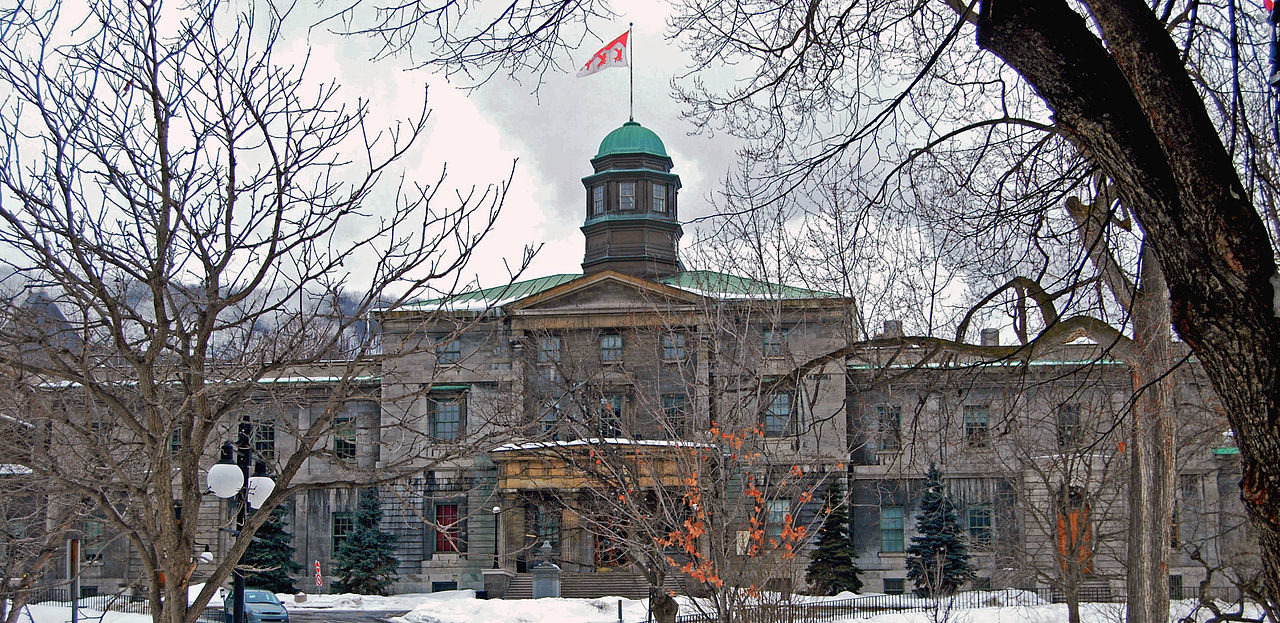In recent years, the campus free speech debate has centered primarily around conflicting student activist circles (and one University of Toronto professor). Significantly less attention has been devoted to the role that campus newspapers play in that debate, and in every campus debate. Independent campus publications are, in effect, local newspapers—and they are essential for all the same reasons that local newspapers are essential. They are primary sources of information, they hold local governments to account, and they platform community voices across political and ideological lines.
This is all common wisdom, in line with the equally common wisdom that an independent press is integral to a community’s democratic functioning. Alarmingly, recent events at McGill University fly in the face of that principle. On October 23, the Students Society of McGill University (SSMU), the university’s student union, voted against endorsing a “yes” vote to the Daily Publications Society’s (DPS) upcoming existence referendum. The DPS publishes Le Délit and The McGill Daily, two independent student papers. Posed every five years, the DPS referendum asks McGill students to continue paying a devoted fee. Le Délit and The McGill Daily rely on DPS funding—if the referendum fails, both papers cease to exist.
If people are concerned about the state of free speech on Canadian campuses, then they should be concerned about this: In failing to endorse the DPS’ existence, SSMU has failed to recognize the value of a free and varied campus press. Moreover, the union’s stance stands to impact the referendum’s actual outcome. In recent weeks, some McGill students have begun actively campaigning against the DPS’ continued existence.
Prior to the 2013 referendum, SSMU endorsed the DPS’ existence near-unanimously. This year’s shift in stance stems from concerns about SSMU appearing to specifically endorse The McGill Daily, and, by extension, the paper’s editorial stances on the Boycott, Divest, and Sanctions (BDS) against Israel movement. Most contentiously, the paper does not publish commentary promoting Zionism, per the anti-oppressive mandate of its current editorial board. Some members of the union’s Legislative Council have argued that such an editorial line breaches journalistic integrity. Others have claimed it’s unfair to ask all students to fund a paper whose commentary section may diverge from or exclude their political views.
However, endorsing a diverse, free press isn’t a political view. It’s a principle, one that elected representatives at any level ought to uphold, and that needs to be funded. McGill undergraduate students pay mandatory fees for a range of clubs and services—because they accept that it is in the student body’s collective interest to have a range of clubs and services available on campus, even if each student doesn’t directly engage or agree with all of them. Similarly, it is in the student body’s collective interest to maintain a varied, independent campus press.
Concerns about a given paper’s journalistic ethics should certainly be voiced. However, they should not be conflated with concerns about a paper’s editorial content. Moreover, the Daily has existed at McGill for over 100 years. Over that time, its editorial lines have changed drastically—the paper originally started as a daily sports publication. Condemning a newspaper’s existence based on the political views published by a single editorial board is not only shortsighted; it misunderstands the relationship between the content of a commentary section and the importance of a paper as a whole.
The DPS is also, crucially, more than just the Daily. Le Délit is McGill’s only Francophone student paper. To vote against the DPS based on the Daily’s commentary slant is to discount Le Délit—and all of the French-speaking students that it serves—as collateral damage. For a union mandated to represent and serve all students on campus, that is egregious.
DPS publications make up two of the three independent student papers on campus. A free, diverse press is part and parcel to free speech, on campus and off. Voting on the DPS referendum is now open to all McGill students, until 8:00pm on November 16th. In the meantime, those looking to uphold free expression on today’s Canadian campuses ought to turn their attention to the status of student newspapers—and the importance of maintaining and protecting them.
This story was originally published by Canadian Journalists for Free Expression, and is republished here with the author’s permission.

